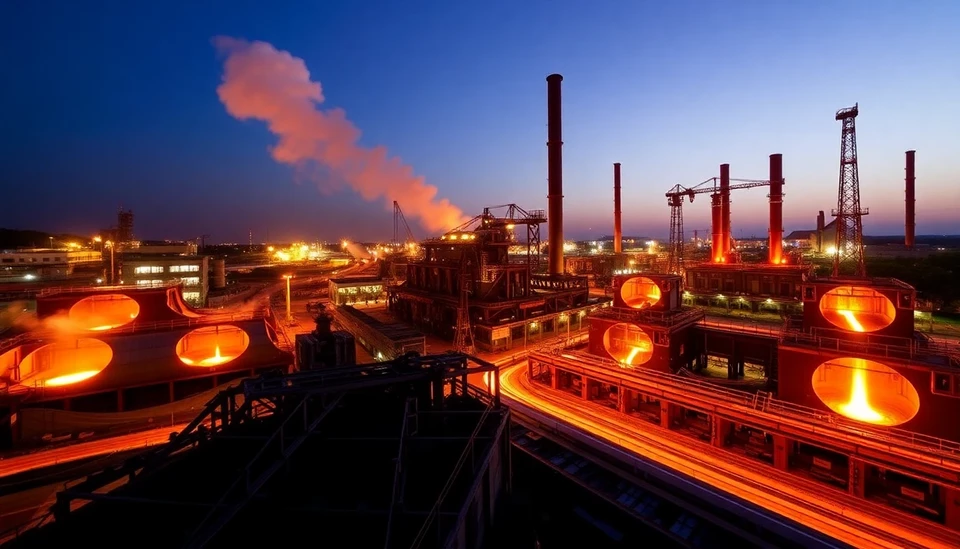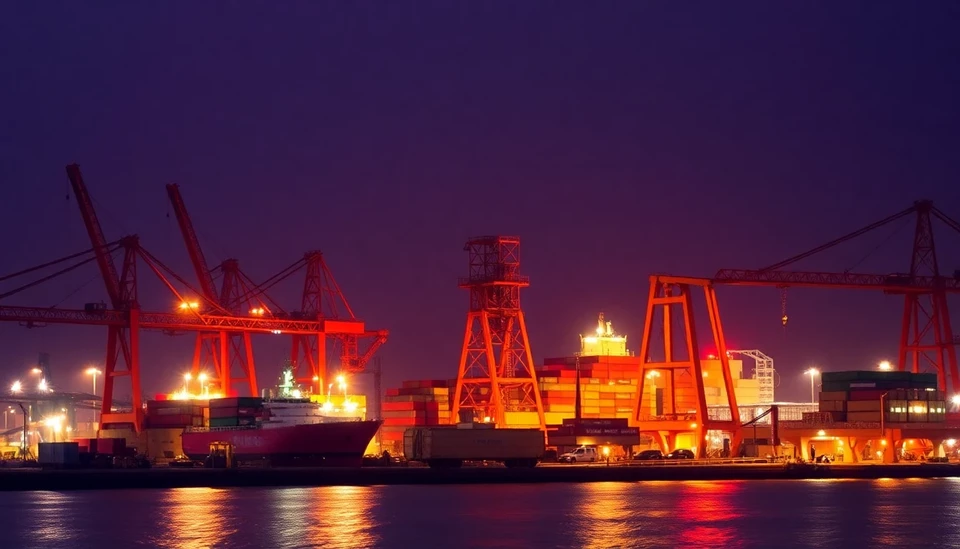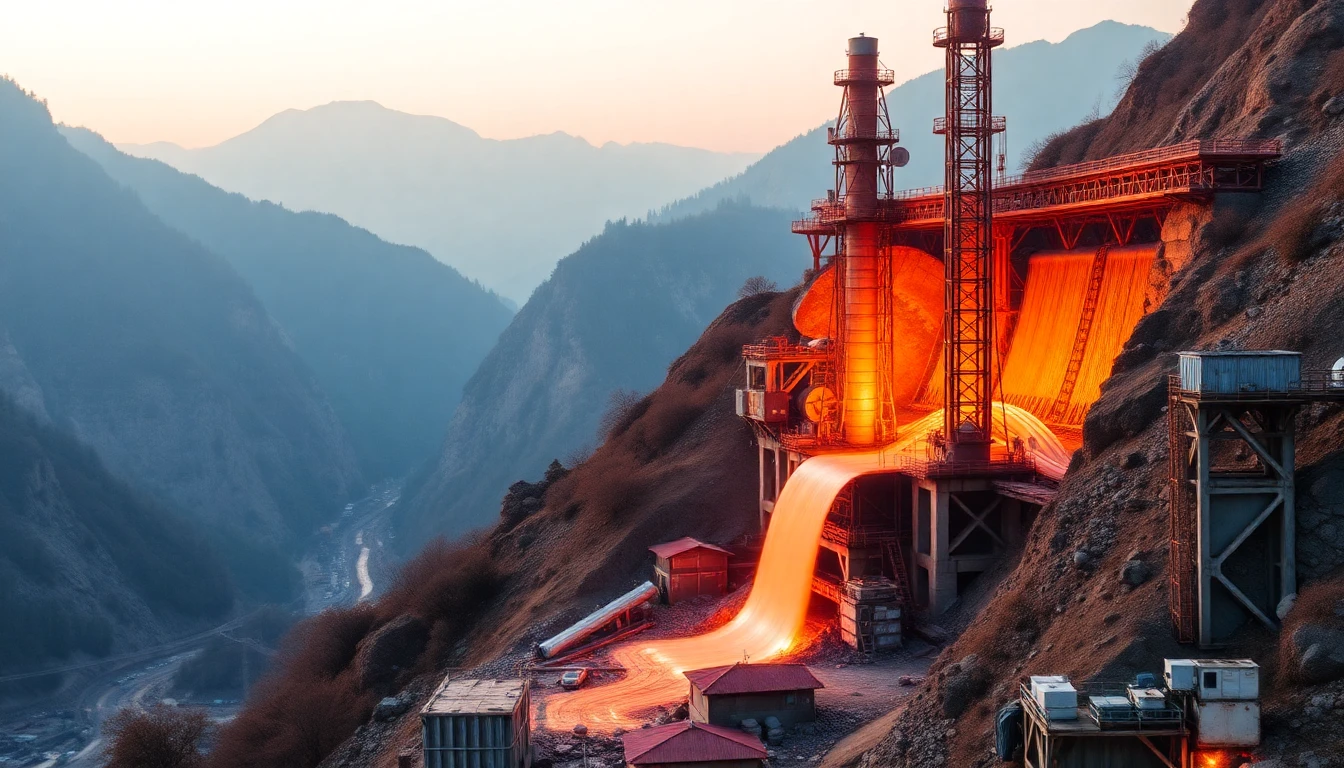
In a decisive move aimed at managing its burgeoning copper industry, the Chinese government has instituted tighter regulations concerning the establishment of new copper smelting facilities. This maneuver, unveiled on February 12, 2025, seeks to address the rampant overcapacity that has plagued the sector in recent years.
As part of its strategy, the Ministry of Industry and Information Technology (MIIT) announced new guidelines that will require prospective smelters to undergo rigorous vetting processes. These measures are designed not only to stabilize the market but also to enhance efficiency and reduce wastage in copper production. The regulations aim to prevent additional smelting capacity that might further exacerbate the existing oversupply and pricing pressures in the copper sector.
China, which accounts for nearly half of the world’s copper consumption, has been facing an increasing backlog of smelting capacity due to a surge in both domestic production and relentless imports. The MIIT emphasized that the country must strike a balance between providing sufficient raw materials to downstream industries while avoiding overextension of smelting capabilities that could lead to environmental degradation and economic instability.
The new rules include prerequisites that existing smelters demonstrate operational efficiency and adherence to environmental standards before new facilities can be approved. Additionally, the government plans to provide financial incentives for modernizing outdated smelting technologies, thereby promoting sustainable practices across the industry. This approach highlights China’s commitment not only to controlling overcapacity but also to fostering greener production methods as part of its broader environmental goals.
Industry analysts have suggested that this type of regulatory framework may help alleviate some of the pricing volatility that has afflicted copper markets in recent years. By limiting the establishment of new smelters, China hopes to bolster the profitability of copper producers and ensure the stability of supply chains essential for the country’s expansive infrastructure projects.
The announcement has garnered mixed reactions from industry stakeholders. Larger firms that have already established their operations view the new measures as a positive step towards sanity in the market, while smaller players and new entrants express concerns over the barriers to entry that the regulations may impose. Trade associations are in discussions with the government to ensure that the rules do not disproportionately disadvantage emerging companies striving to make their mark in the copper smelting landscape.
In conclusion, China’s tightening of regulations on new copper smelters marks a pivotal moment for the country’s industrial policy, reflecting a pragmatic approach to industrial growth and sustainability. As the government navigates complex economic waters, the effectiveness of these new guidelines in curbing overcapacity while promoting responsible industry practices will be closely monitored by global market stakeholders.
#ChinaCopper #CopperIndustry #SmeltingRegulations #Overcapacity #EnvironmentalStandards #SustainableProduction #CopperMarket #MIIT
Author: Samuel Brooks


